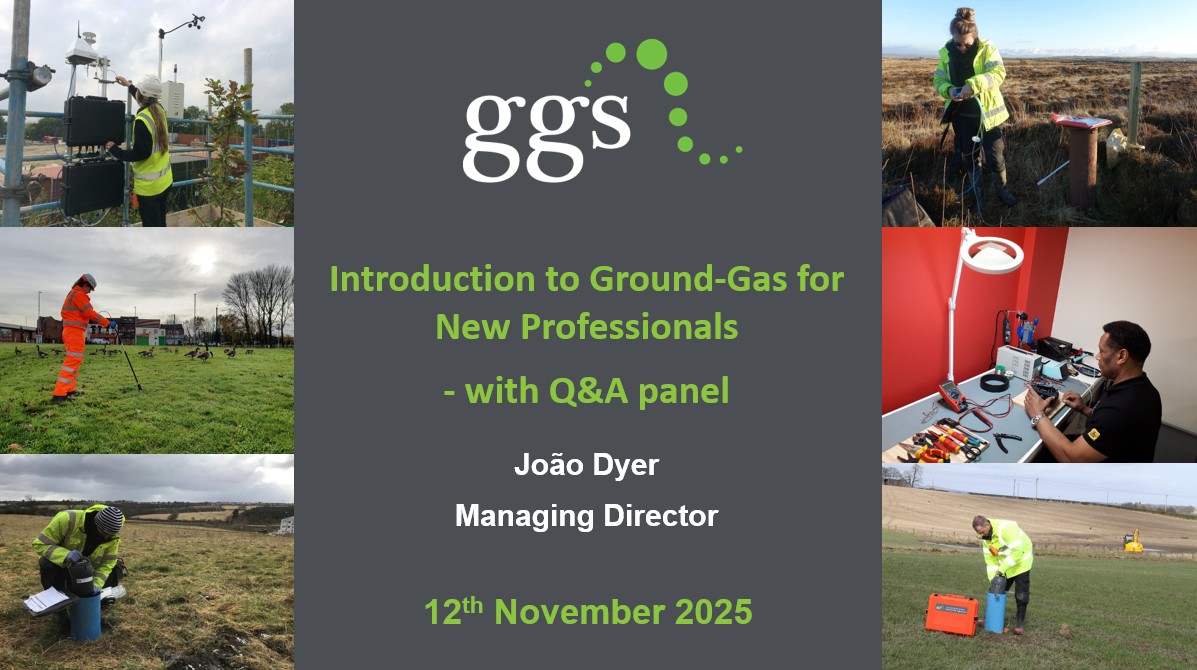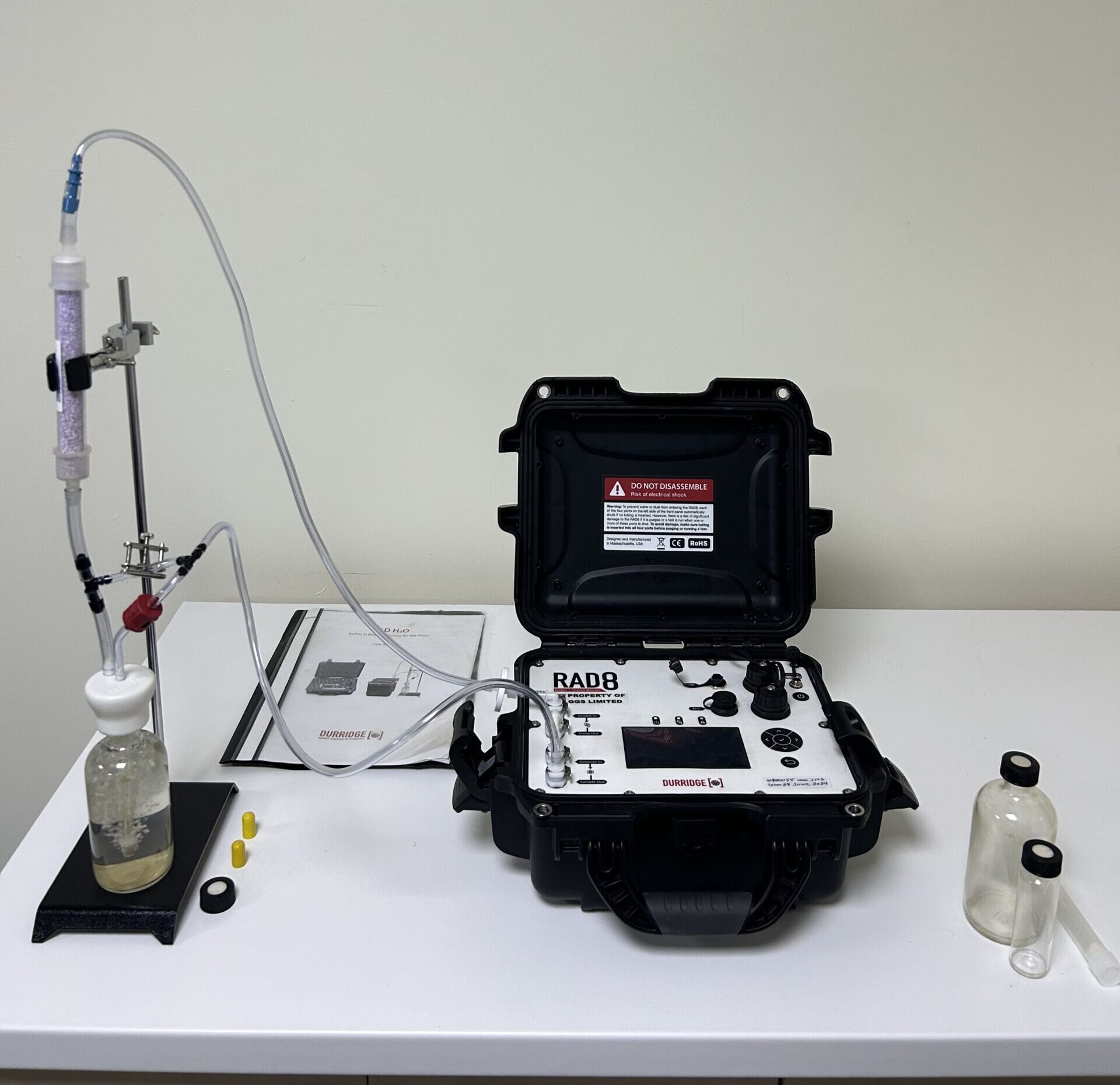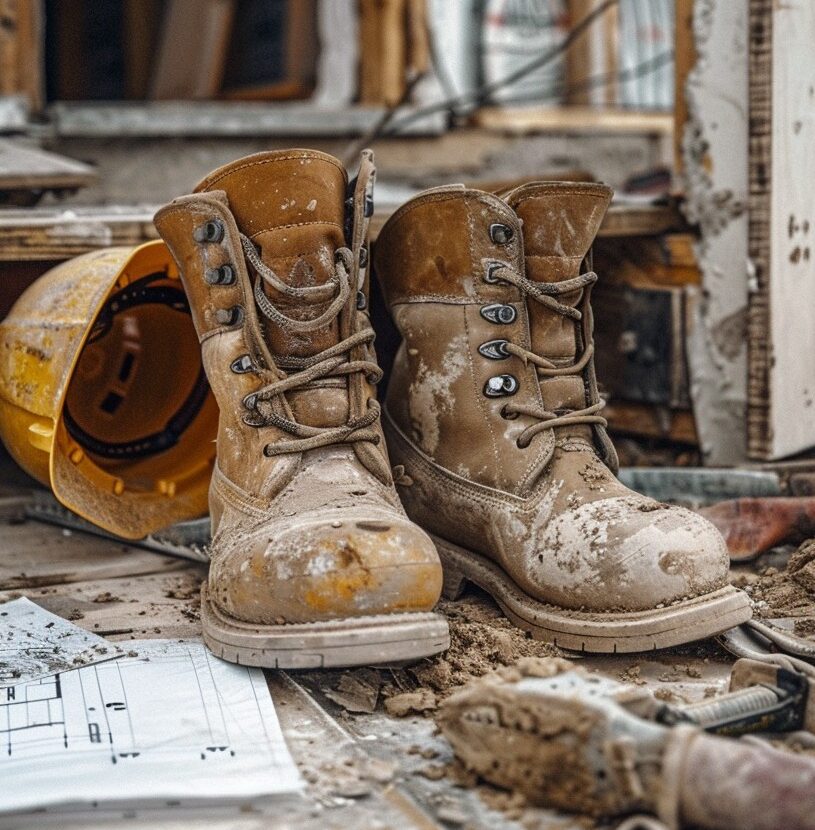As we begin a new year, climate anxiety is perhaps becoming more prevalent in our daily thoughts. Both overseas and here in the UK, worries mount in the face of extreme weather events as the climate continues to transition to a ‘new’ normal. In January, the LA fires and Storm Éowyn were forefront of our news. Whether such extreme events are a consequence of ‘global warming’ is hotly debated.
At GGS we are a team of environmental scientists and consider it important to be informed on our environment and climate. But how exactly might climate change impact ground gas behaviour? Here, we’re going to explore how climate change may influence ground gas risk in the UK.
Ground gas is generated through natural decaying processes by the breakdown of organic matter. As the matter breaks down it produces gas which accumulates in soil. The gases produced include carbon dioxide, and methane. In some circumstances, concentrations of certain gases can be harmful for human life if they reach the surface and impact the built environment. The risks posed from ground gas can be higher on or near landfill sites, or in former mine working areas.
At GGS it is key that we understand this relationship which is why all of our team are trained environmental scientists. While there are many variables that can affect the behaviour of gas in the ground, whether it is likely to impact the surface can be further influenced by the variation in weather, such as atmospheric pressure.
Climate change is already impacting human life in a number of ways. According to the World Health Organisation, climate change is a threat to human health. In the UK extreme weather events are estimated to make up 1.1% of GDP which equates to 24 billion each year. As climate events increase, costs will likely to increase too. The met office outlines some of the effects of climate change including warming oceans and melting sea ice. In turn, how this may affect our daily weather is not fully understood.
As of 2024, the ten warmest years on record in the UK have all occurred since 2002, with temperatures expected to rise and break new records. In addition, it is likely that there will be an increase in winter storms in the midst of climate breakdown. Only recently we have experienced Storm Éowyn which caused power outages in Ireland, floods across the UK and destruction to some homes and businesses.
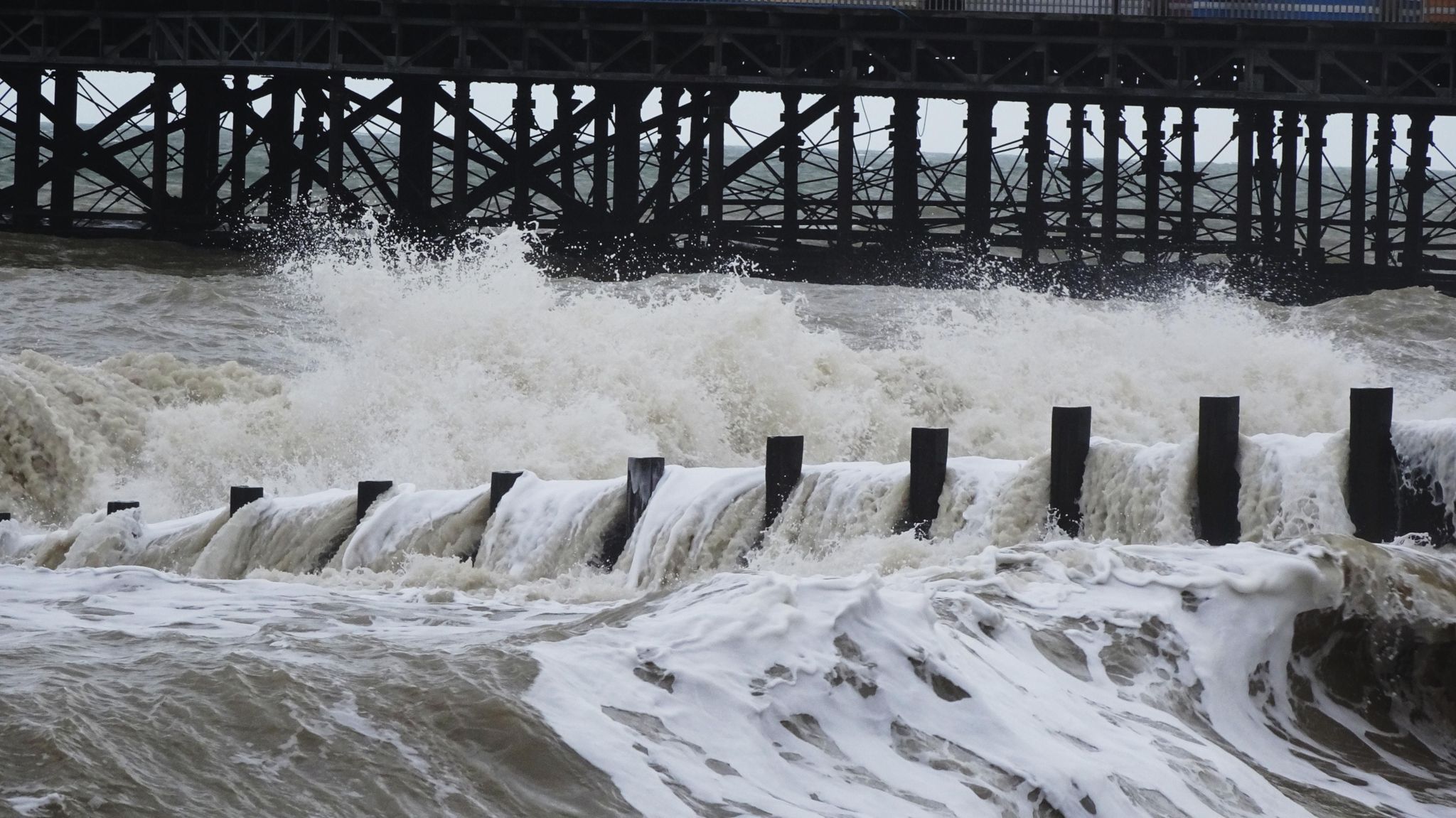
Storm Éowyn, we can see the direct impact of how extreme weather can affect our daily life, but how is this relevant for ground gas?. One outcome from weather events like these is the rapidly falling atmospheric pressure associated with this anticyclonic low-pressure system. In the UK, atmospheric pressure rarely falls below 950 millibars but this did happen during Storm Éowyn. When atmospheric pressure rapidly drops, ground gas can respond and migrate towards the surface and potentially present a hazard to people and the buildings where we live and work.

If these events become more frequent due to climate change, this may influence the risk at the surface and how we monitor and undertake risk assessment.
Learn more about atmospheric pressure changes by downloading our whitepaper which explores different case studies and how to use in ground gas risk assessment when relevant to your site.
When it comes to both commercial and residential properties, ground gas risk assessments are undertaken to measure and assess the hazard to people and property. At GGS, the use of continuous monitoring and time series acquisition provides a robust understanding to ground gas behaviour and its response to environment change. With continuous monitoring it is important to measure at the frequency of change to better inform this understanding and provide a high confidence level that our buildings are safe.
At GGS we believe it’s very important to stay informed to bridge the gap between ground gas and the possible influence from climate change. We are continuously learning and innovating our technology and our processes in response to changes in the climate. In addition to carrying out independent research, our team stays informed to increase the likelihood of capturing the impact of low pressure events and rapidly falling pressure for our clients.
If your site is possibly affected by ground gas, get in touch with our team of environmental scientists today.
We can also provide science backed continuous monitoring to accurately measure ground gas behaviour in response to variation in the environment to ensure safe development.

The following pages include news articles, videos, guidance notes and white papers on a range of ground gas related topics which we hope you will find of interest. Please browse through but if you can’t find something on your particular issue of interest, we’d be very pleased to hear from you so we can put that right.
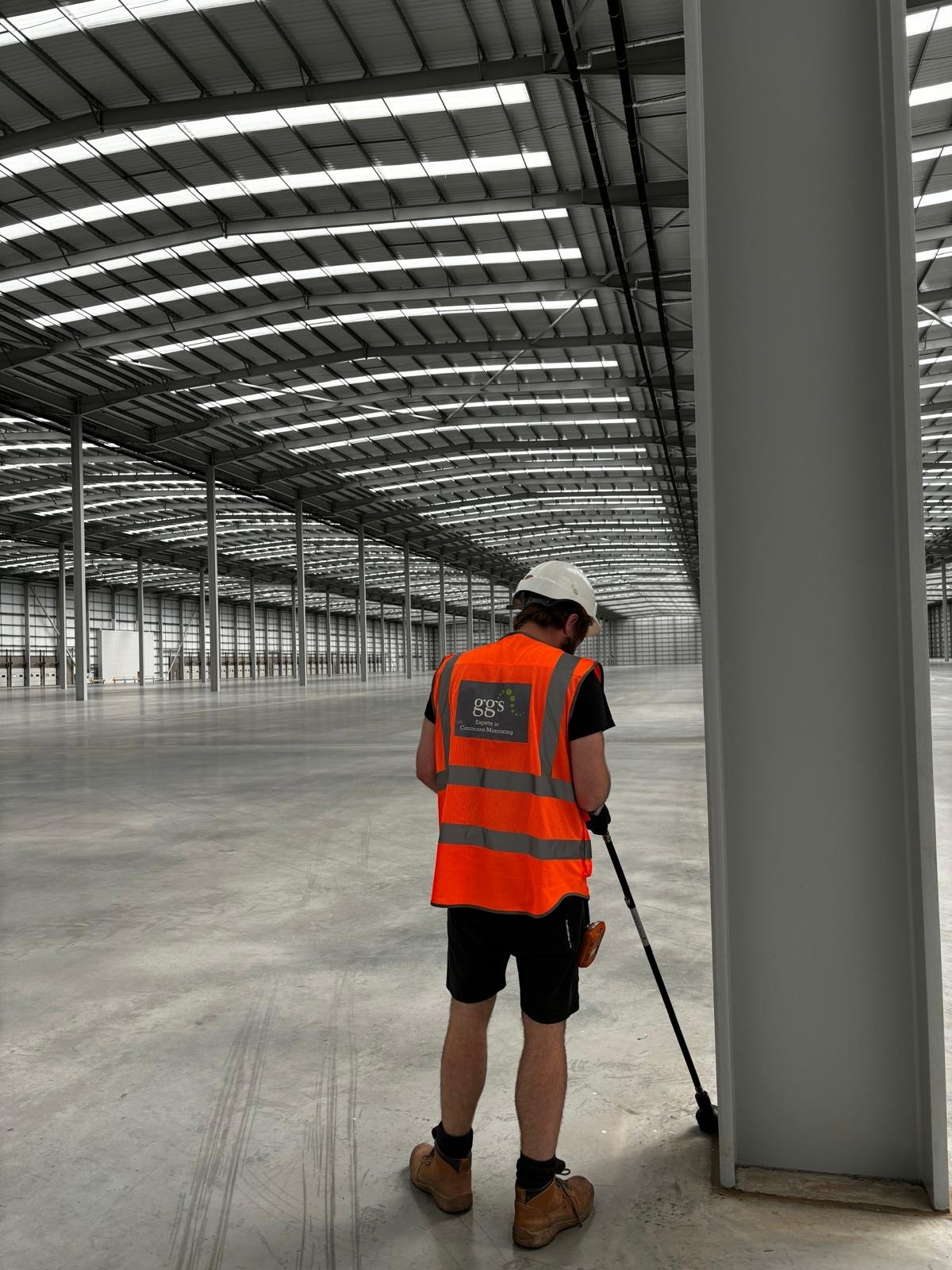
Establishing a new warehouse involves managing numerous moving parts such as ensuring operational systems are in place, training staff and coordinating logistics. Amidst this complexity, it’s essential to remain compliant with environmental and safety regulations.
One important aspect is managing and mitigating ground gas risk. Keep reading to learn about the process and what to expect.


